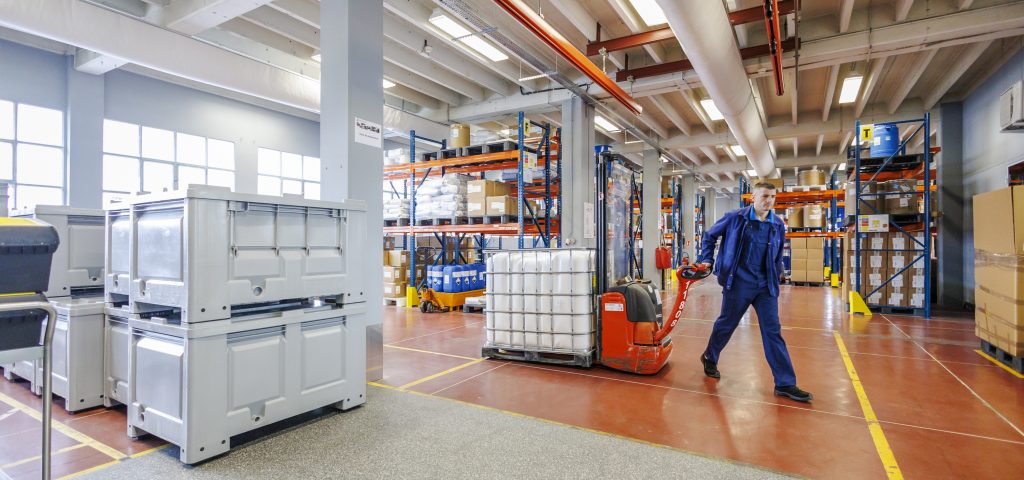Tech transfer pharma is an integral part of ensuring that pharmaceutical products move seamlessly from development to large-scale commercial production. The pharma tech transfer process involves transferring the knowledge, data, and methodologies from research and development (R&D) to manufacturing without compromising quality.
What is Tech Transfer?
In the pharmaceutical industry, tech transfer is the mechanism by which processes, knowledge, and technologies developed in the lab are transferred to the manufacturing stage. This ensures consistency, quality, and compliance with regulatory standards. The technology transfer process often starts at an early phase of drug development and continues through clinical trials up to commercial manufacturing.
The Tech Transfer Process
1. Preliminary Assessment
The first step in tech transfer is a detailed assessment of the current processes and technologies used during the R&D phase. This includes gathering all relevant data, understanding the critical quality attributes, and ensuring compliance with regulatory requirements.
2. Planning and Protocol Development
The tech transfer team then develops a comprehensive plan and protocol, which includes identifying the critical process parameters, required raw materials, and in-process materials. This phase also addresses regulatory compliance and potential gaps in the current manufacturing process.
3. Technology Transfer Execution
Executing the tech transfer involves practical steps such as testing the processes on a small lab scale before scaling up. It includes qualifying the necessary equipment, conducting trial runs, and ensuring all relevant stakeholders are aligned with the project’s goals.
4. Scale-Up and Validation
A crucial part of the process is scaling up the production from lab scale to large scale commercial production. This involves rigorous testing and validation to ensure that the manufacturing methods can produce the desired quality consistently.
5. Maintaining Quality Control
Throughout the entire process, maintaining high standards of quality control is paramount. This ensures that any quality issues are promptly identified and addressed, and the final product meets all regulatory and intellectual property requirements.
Key Considerations in Pharma Tech Transfer
Expertise and Knowledge Sharing
Tech transfer in the pharma industry relies heavily on the expertise and knowledge of the team involved. Effective communication and knowledge-sharing among the team members ensure a smooth transfer and implementation of methodologies.
Regulatory Compliance and Quality Control
Regulatory compliance is a non-negotiable aspect of pharmaceutical tech transfer. All processes and methods must adhere to the stringent guidelines laid out by regulatory bodies. Maintaining rigorous quality control measures is essential for successful technology transfer.
Identifying Potential Issues
During the tech transfer, it’s critical to identify any potential issues that could hinder the process. These might include discrepancies in raw materials, inconsistencies in data, or incompatibility of equipment.
Leveraging New Technologies
Adopting new and advanced technologies can significantly streamline the tech transfer process. New technologies can improve efficiency, ensure precision, and minimize the risk of errors.
Benefits of Successful Tech Transfer
Accelerated Drug Development
A well-executed tech transfer accelerates the drug development process, reducing the time it takes for a drug to reach the market. This is especially crucial in bringing life-saving medications to patients faster.
Cost Efficiency
By optimizing the tech transfer process, pharmaceutical companies can significantly reduce costs associated with production and regulatory compliance. This efficiency can ultimately lead to lower drug prices for consumers.
Assurance of Quality and Compliance
An effective tech transfer ensures that the final product meets all critical quality attributes and complies with all regulatory standards. This assurance of quality and compliance is critical for market approval and patient safety.
Tech Transfer at our facility in Livron
Since 2011, Adragos Livron has undertaken approximately 220 tech transfer projects:
50% are dedicated to transfers.
50% are encompassing various initiatives such as sourcing new API, development of novel formulations, batch size optimization, and analytical validation and implementation.
Collaborating with a pharma tech transfer partner can provide the necessary expertise and resources to ensure a smooth and efficient tech transfer.
In the pharmaceutical industry, tech transfer is an essential process that bridges the gap between innovation and market-ready products. By following a structured and well-planned tech transfer process, companies can ensure the successful transition of their drug development projects into large-scale commercial production.
FAQs about Tech Transfer Pharma
How much does a tech transfer cost in pharma?
The cost of tech transfer in pharma can vary widely depending on the complexity of the process, the need for specialized equipment, and regulatory compliance requirements. It often involves costs related to preliminary assessments, planning, validation, and scaling up of manufacturing processes.
What is technology transfer as per ICH guidelines?
According to the International Council for Harmonisation (ICH) guidelines, technology transfer is a structured process that ensures the transfer of manufacturing processes and product knowledge from development to commercial production. It includes the transfer of analytical methods, procedures, and practices ensuring consistent product quality and regulatory compliance.
What is an example of technology transfer?
An example of technology transfer is when a pharmaceutical company develops a new drug formulation in their R&D lab and then transfers the manufacturing methods and processes to a contract manufacturing organization (CMO) for large-scale production. This transfer includes detailed protocols, technology documentation, and training to ensure seamless production.
Why is technology transfer required in the pharmaceutical industry?
Technology transfer is required in the pharmaceutical industry to ensure that the high-quality standards developed in the R&D phase are maintained during large-scale production. It facilitates the efficient and effective transition of products from the lab to the market, ensuring regulatory compliance, maintaining product quality, and minimizing potential issues during manufacturing.
